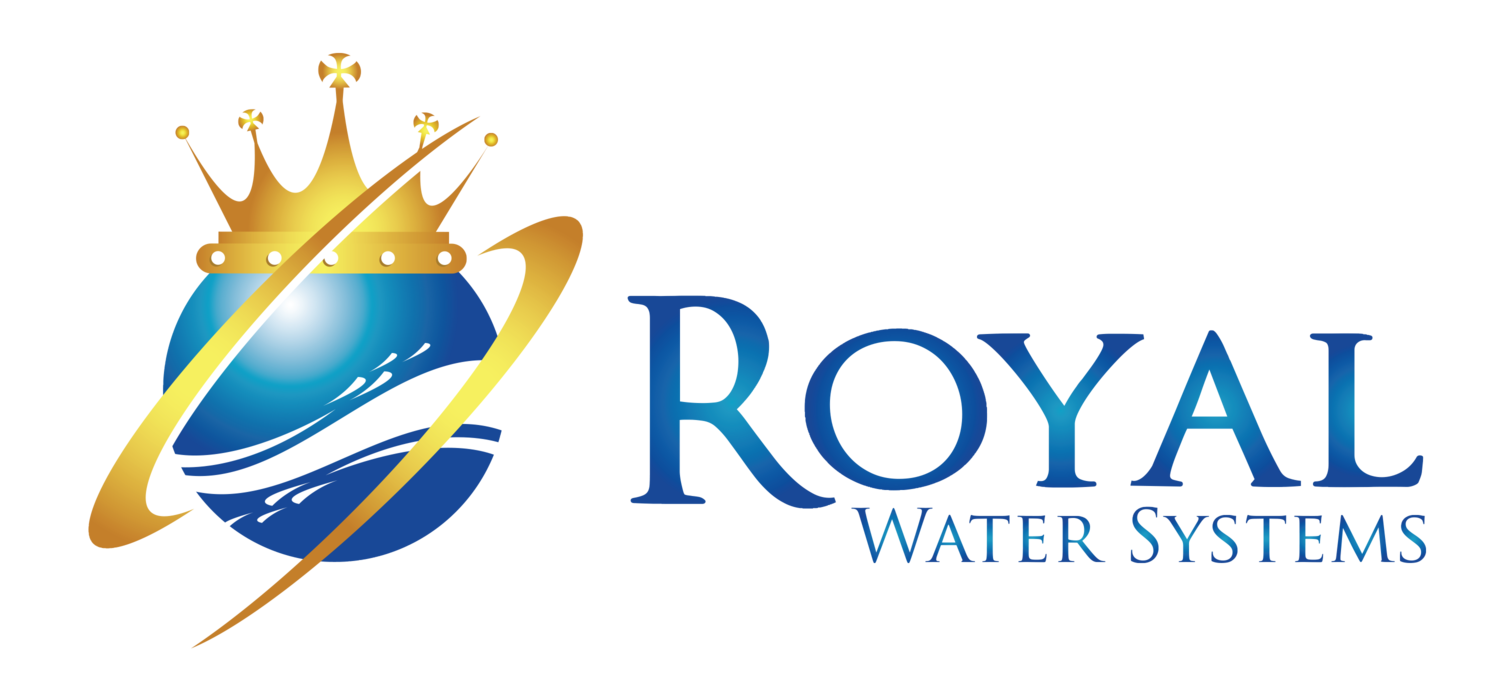Utah is the hard water capital of the world and one of the most common questions when it comes to hard or soft water is, “How does a water softener work?” Here are the answers to your questions:
“Hardness” in water is simply Calcium and Magnesium that is dissolved into the water. Calcium and Magnesium are also positively charged ions as well. This dissolved Calcium and Magnesium will react with soaps to produces soap scum and dry itchy skin. They will also build up in plumbing and all water using appliances such as water heaters, clothes washers, dishwashers and toilets. Unsightly toilet rings are simply Calcium and Magnesium that has solidified to the toilet bowl at the surface level of the water. Water “hardness” or Calcium and Magnesium is also the white buildup you see on showerheads and the underside of kitchen sink faucets as well. Again, it is also the white “film” or water spots seen on dishes when they come out of the dishwasher and the white “mess” that is commonly seen at the water dispenser on black or stainless steel refrigerators.
Softening water is simply the process of removing the “hardness” or the Calcium and Magnesium from the water. The cheapest and most efficient way to accomplish this is through a process called ion exchange or, in other words, the process performed by your typical salt or potassium based water softener. Salt is NaCl2 or Sodium Chloride with a positive charge of 2. Sodium is also a positively charged ion as well.
In summary all a water softener does is exchange the positively charged Calcium and Magnesium ions the water for the positively charged Sodium ion in Salt. Sodium does not react with soaps to produce soap scum and it does not build up in appliances, plumbing or fixtures which greatly preserves a home and will also improve the quality of life within the home immensely.
In detail, a water softener is filled mostly with cation resin beads which will be negatively charged and loaded with Sodium. As your water flows through these resin beads, the positively charged ions of Calcium and Magnesium, or “hardness” will be attracted to the negatively charged resin beads just like opposite sides of a magnet attract to each other. At the same time the resin beads collect the hardness they also release the Sodium from the resin beads into the water supply of your home. Ion exchange has just happened. The resin bead exchanged the Sodium and collected the water hardness. After so many gallons of water run through the resin bed within the softener, the resin bed will become exhausted and unable to collect any more Calcium or Magnesium from your water. The next process is to regenerate the water softener by flooding the resin bed with salt water or brine. Your water softener will reverse the flow of water through the water softener which will expand the resin bed and allow the brine water to saturate the resin beads. Just as before, the resin beads will now exchange the Calcium and the Magnesium or the water hardness it has collected from your water supply for the Sodium part of salt. The only difference in this part of cycle is that the Calcium and Magnesium will be diverted down the drain and no into your home. So the water softener will first exchange the Sodium for water hardness and send the “soft” water into your home and then when the resin bed is exhausted it will exchange the water hardness for Sodium in a regeneration cycle and send the hardness down the drain. When this regeneration cycle happens the salt molecule of Sodium Chloride breaks apart and the Chloride is diverted down the drain with the water hardness.
Some people may choose to use Potassium Chloride in their water softener instead of salt or Sodium Chloride. The process is the same and works just the same only Potassium will be exchanged with the water hardness instead of Sodium. Potassium simply provides a healthy drinkable soft water whereas Salt does not.
If you have any further questions of how we can help you, please feel free to give us a call
Sam Nielsen
Royal Water Systems
855-763-8637

